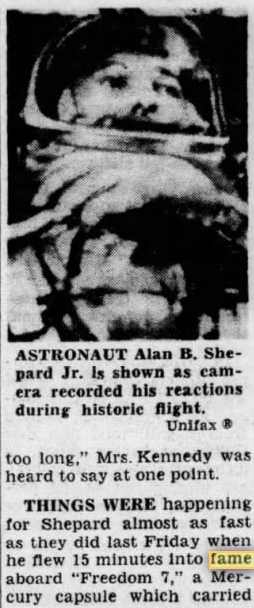I found it is usually attributed to the famous artist Andy Warhol, but also read articles that dispute it, such as
Edit: I have summarised the article
ACCORDING TO the above article, (Andy Warhol) the painter, sculptor and film-maker was first credited with the phrase in a brochure at a 1968 exhibition of his work in Sweden. But art critic Blake Glopnik says that the show's curator, Pontus Hulten, had told Mr.Granath, an associate, to include 'In the future everyone will be world-famous for 15 minutes' in the catalogue's compendium of Warhol quotes.
Mr.Granath found no record of the quote, but 'if he didn't say it, he very well could have; let's put it in,' Hulten reportedly said. 'So Andy's phrase was actually Hulten's,' says Glopnik.
Philip Pearlstein, who was at art school with Warhol, revealed to Glopnik that he'd said something similar himself in 1946, when the two artists first met. Warhol, still a teenager, asked Pearlstein what it was like to be the winner of a national art competition, to which he replied: 'It only lasted five minutes.'
In 2005 photographer Nat Finkelstein claimed he was the source of the line. In 1965, during an outdoor photoshoot with Warhol, some people tried to push into the shot. Warhol said, "Gee whiz, Nat, everybody wants to be famous", and Finkelstein replied, "Yeah, for about 15 minutes, Andy". "He took that line. My quote became Andy Warhol's famous words," Finkelstein said.
Mr.Glopnik concluded by saying that these stories fitted well with Warhol's style of taking inspiration from a wide variety of sources.
My question is not whether Warhol actually coined the phrase, or only 'borrowed' it from an associate: what I would like to know is whether anybody can find/remember the phrase (or something very similar) being used before Warhol began to use it?

